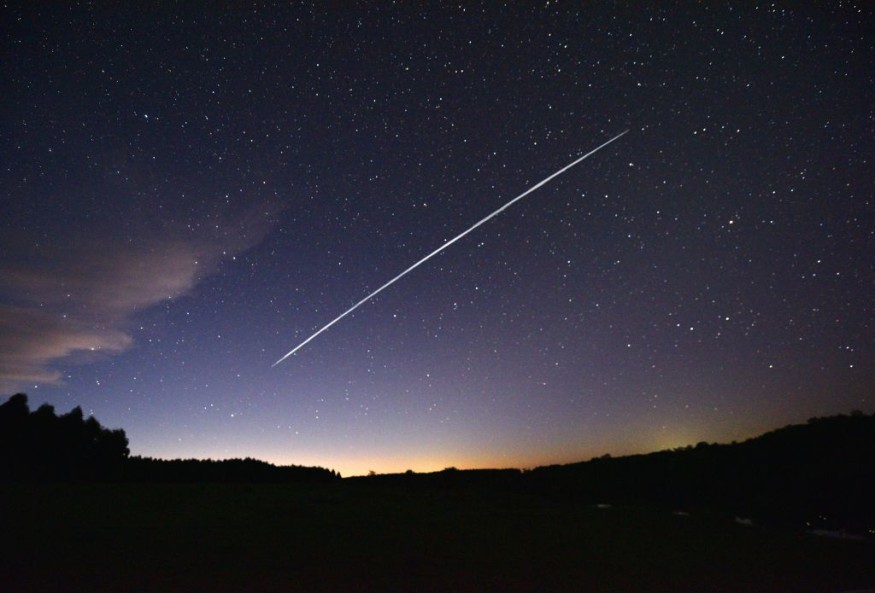The National Aeronautics and Space Administration (NASA) and some big corporations have expressed reservations about SpaceX's proposal to deploy around 30,000 satellites for its Starlink service.
Elon Musk's SpaceX has asked for approval for a second-generation constellation of 30,000 satellites after previously receiving approval for roughly 12,000 satellites to provide broadband internet.
NASA expressed its worries to the Federal Communications Commission (FCC) about the possibility of a large rise in the frequency of conjunction events.
The US space agency is likewise concerned about the potential consequences for scientific and human spaceflight missions.

NASA Concerned Over Elon Musk's SpaceX Starlink Proposal to FCC
Although SpaceX's Starlink network still requires FCC approval before launching, PCMag said NASA is concerned over Elon Musk's move.
The space agency filed a 7-page document with the FCC outlining the "danger of the 30,000 satellite network" causing congestion around Earth's orbit.
The agency's writings were originally reported by CNBC, which stated that they want to guarantee that the deployment of the Starlink Gen 2 is done in a way that supports spaceflight safety and sustainability.
NASA raises concerns about the SpaceX plan for Starlink Gen2 in letter to the FCC:
— Michael Sheetz (@thesheetztweetz) February 9, 2022
Risks include:
—near miss/collisions with science and crewed missions
—maneuvering capability failure
—interference with space and ground-based telescopes
—launch schedule delays pic.twitter.com/J2X08uyj2t
It added that SpaceX's Gen2 expansion "would more than treble the number of monitored objects in orbit and more than five-fold the number of objects below 600 kilometers."
Astrophysicist Jonathan McDowell of Harvard-Smithsonian Center for Astrophysics, part of an American Astronomical Society group looking at the effects of satellites on astronomy, expressed worry about having such a huge number of satellites interfering with astronomical studies.
He said (via NDTV): "I think we need a little more experience with the several thousand operating satellites before we can ramp up to the tens of thousands."
According to NASA, there are presently 25,000 objects in orbit, with roughly 6,100 falling below 600 kilometers.
NASA is requesting additional proof that SpaceX's satellite mega-constellations will not affect the space agency's operations in the future.
The space agency, for example, is advising Elon Musk's aerospace business to produce a study demonstrating the Starlink satellites' auto-maneuver capability is "sufficiently scalable to the full intended constellation size." The FCC is also demanding further technical information on the second-generation Starlink satellites from SpaceX.
Other Firms Also Concerned Over SpaceX Proposal
SkyNews said Amazon.com and Dish Network also expressed concerns regarding SpaceX's proposal to the FCC.
According to Amazon, thousands of SpaceX spacecraft may operate at the same altitudes as the Kuiper System" under Elon Musk's proposal.
It also cautioned that "the consequence of this orbital overlap on the Kuiper System would be a considerable increase in hazards and other costs," and asked the FCC to apply "appropriate limitations."
RELATED ARTICLE : Experts Reveal That 3% Of SpaceX's Starlink Satellites Have Failed In Orbit So Far
Check out more news and information on Starlink in Science Times.
© 2026 ScienceTimes.com All rights reserved. Do not reproduce without permission. The window to the world of Science Times.












